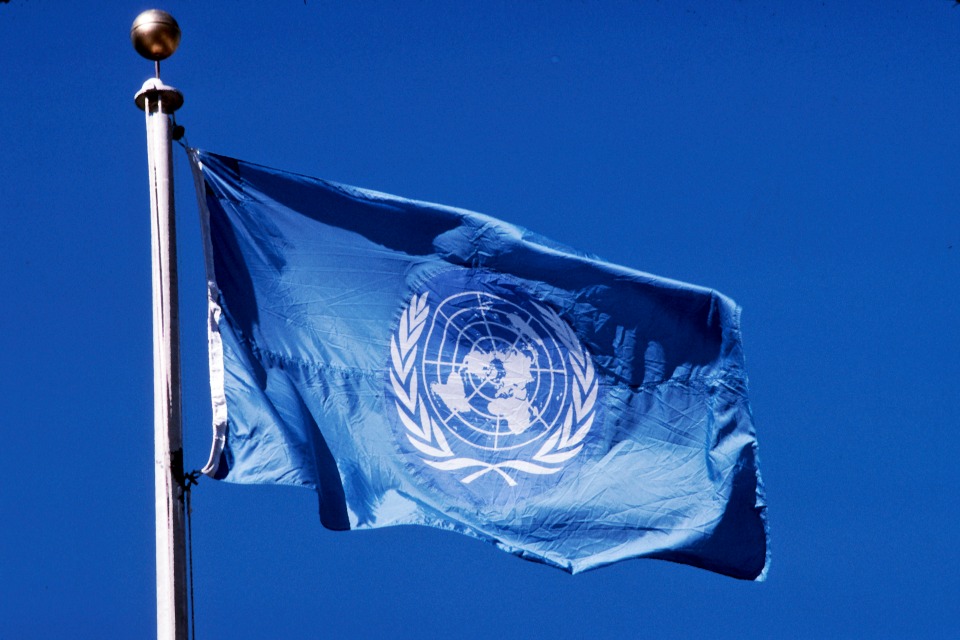UK abstains on UN Security Council resolution on ICC
Explanation of Vote delivered by UK Ambassador Mark Lyall Grant to the UN Security Council meeting on Peace and Security in Africa

Thank you, Mr President.
Security Council Members had a very constructive dialogue with the AU’s High Level Contact Group last month. We had hoped that that dialogue was the start of a discussion.
We listened carefully and respectfully to the African Union’s concerns. We fully understand the desire to allow the President and Deputy President of Kenya to fulfil their constitutional responsibilities. We are engaged and prepared to address those concerns. But there is a right place to do that, and that place is at the International Criminal Court and the Assembly of States Parties – not here in the Council.
The Assembly of States Parties meets in five days time. A dedicated segment will be devoted to addressing the African Union’s concerns. Preparatory work is already under way and a number of amendments have been tabled, including one by the United Kingdom on presence through video technology.
The Court itself has taken a number of decisions, which help to mitigate the African Union’s concerns, including staggering the proceedings and excusing presence in exceptional circumstances. On 31 October the start date of President Kenyatta’s trial was put back – for the third time - to February 2014. The Court rightly takes such decisions independently on the basis of applications made by the defendants. These developments demonstrate a constructive, creative and legally proper response to the concerns raised.
Mr President,
The ICC, by design, operates in and around conflict situations where there is a threat to peace and stability. It was established as a court of last resort, with strong support from African States, to deal with such situations. Of the eight situations before the Court, five were initiated at the request of African States Parties.
Nobody, least of all the United Kingdom, underestimates the gravity of the security challenges in the Horn of Africa. But the question before the Council today is whether or not continuing with the ICC’s proceedings constitutes in itself a threat to international peace and security.
In our view, it does not and we, therefore, do not consider that the criteria for deferral under Article 16 of the Rome Statute are met. We have, therefore, abstained on the draft resolution.
Mr President,
This assessment in no way changes the United Kingdom’s commitment to peace and security in the Horn of Africa and across the continent. We have a long-standing and deep relationship with Kenya. My Prime Minister is personally engaged in supporting African efforts to bring greater peace and stability to a region which has been blighted by violent extremism for too long.
The United Nations is supporting over 100,000 peacekeepers in Africa. Just this week the Council authorised an increase of over 4,000 troops for the African Union’s Mission in Somalia.
Mr President,
We are disappointed that this draft resolution has been unnecessarily put to a vote in a way which highlights disagreements within the Council, shortly before a meeting of the States Parties, the outcome of which, we hope, will be to reduce those disagreements. Despite this, the United Kingdom will continue to engage through the Assembly of States Parties in as constructive and helpful a manner as possible with a view to addressing the concerns of the African Union. We encourage others to do likewise.